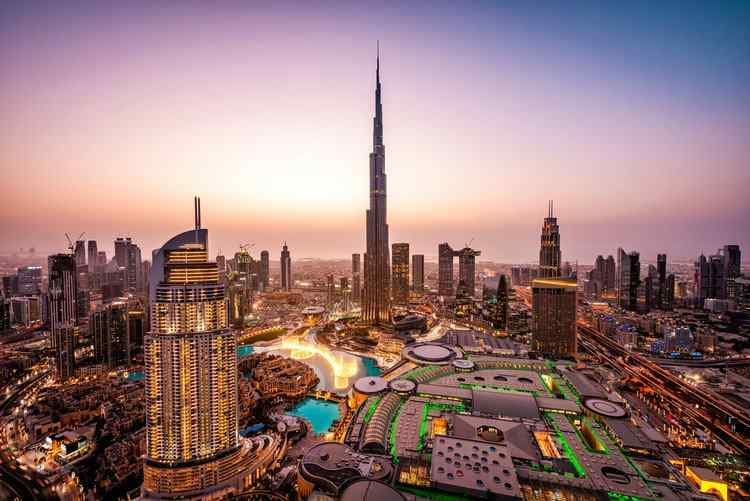For any enquiries or information, contact ask@tlr.ae or call us on +971526443004

Setting Up Business in the UAE: Check Out The Differences Between Mainland And Freezone
UAE is one of the best economies for businesses and investors in the Middle East. UAE is stable, liberal, and business-friendly and is a favorite hub for various business initiatives. UAE has always received international investors with open hands and has enacted legislation for ease of company formation.
Before starting a business in UAE, we need to understand its two different economic jurisdictions, namely, Mainland and Free-zone.
| Mainland/Onshore Company | Freezone Company | |
| Ownership |
Previously, only 49% of ownership was allowed to foreign investors, whereas the remaining 51% belonged to Emirati sponsors. Recently The UAE government has approved 100% foreign investment in mainland companies. |
Foreign investors can enjoy 100% absolute ownership. Local sponsors are not required. |
| Approvals |
Mainland companies need approvals from various government bodies like the Department of Economic Development, Municipality, Ministry of Labour, etc |
Freezone companies have their own set of rules and regulations, which are equally applicable to all companies formed in a particular free zone. Approval from government bodies and agencies that do not belong to the free zone is not required. |
| Scope of Business | Mainland companies are free to do business anywhere inside and outside UAE | Freezone Companies are allowed to do business only within the jurisdiction of registered free zones, as well as outside UAE. |
| Work Premises |
Mainland Companies are required to have a minimum office space of 140 sq. ft in UAE (except for businesses without instant licenses) |
Office space requirement is not mandatory for a Freezone Company. Even virtual offices are allowed.Office space requirement is not mandatory for a Freezone Company. Even virtual offices are allowed. |
| Visa Eligibility | There is no restriction regarding visa eligibility. The area of the workspace determines the number of visas issued. | There is no restriction regarding visa eligibility. The area of the workspace determines the number of visas issued. |
| Trade License | All type of Trade License is available for mainland company | Availability of Trade License differ from free zone to free zone |
| Financial Audit | Audit is mandatory for all UAE mainland company | Audit is not mandatory for free zone companies. Certain jurisdictions are exempted from Audit preparation. |
| Capital requisite | Minimum capital requisite is determined by legal structure | Minimum capital requisite is determined by the Emirate in which the company is formed (the amount could vary) |
| Tax Exemption | Corporate Tax of 9% will be levied to most businesses with profit above AED 375,000 from 2023 onwards | Tax exemption is given to all free zone companies |
| Emiratization | All mainland companies are required to achieve the Emiratization target | Freezone companies are exempted from Emiratization. However, free zone companies are encouraged to hire Emirati locals. |
|
Unemployment Insurance Scheme |
This scheme is mandatory for employees of Mainland Companies | Employees of Freezone Companies are exempted |
Which is better?
If a company wants to establish itself virtually and does not want to get into the legalities of company formations, then Free Zone License is a good option. On the other hand, if the company wants to establish itself with a good market presence, and wants to trade with other companies established in the UAE market, getting a mainland license is a preferable option.